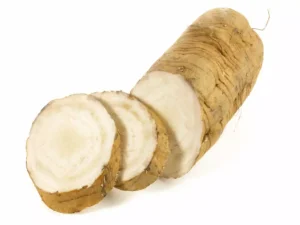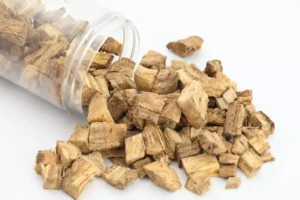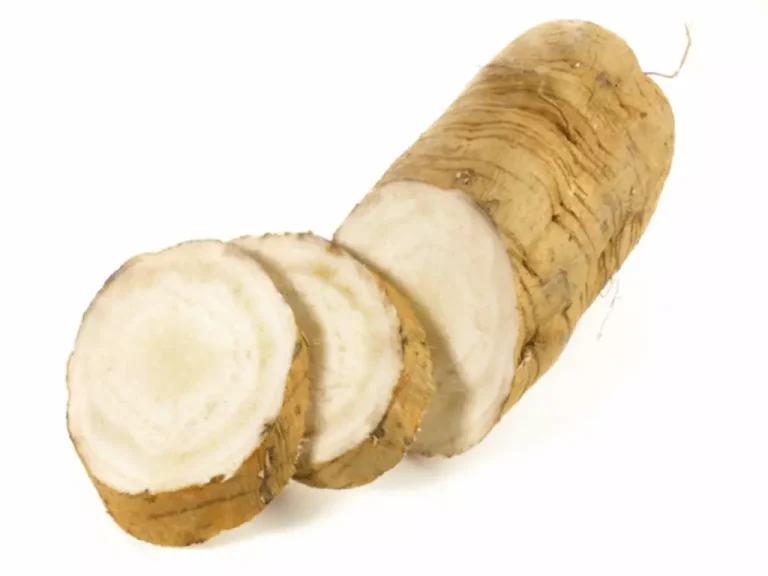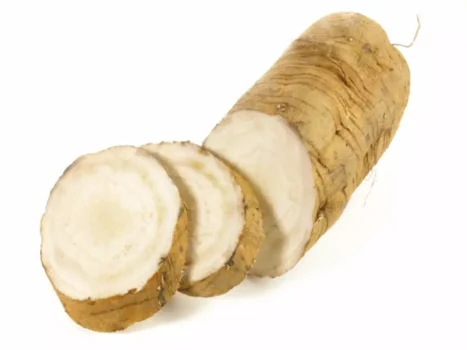
Furthermore, alcohol disrupts serotonin levels in the brain, which regulates pain sensitivity and mood. These various factors contribute to alcohol-induced headaches. Sulfites are compounds that help preserve red and white wine. If you’re sensitive to sulfites, you’re more likely to experience breathing problems than headaches, though. Grape skins also contain plant chemicals called tannins, which help give wine its flavor. Tannins also prompt your body to release serotonin, which may cause headaches in some people.
Everything You Need to Know about Alcohol-Induced Headaches
People can talk with their doctors about possible methods to prevent or ease alcohol-induced headaches. Research still needs to determine which remedy is most effective. However, a headache after drinking will usually resolve itself over time.
Drink water
- Having another drink may temporarily curb withdrawal symptoms and make you feel better.
- That first twinge of a headache can occur within a sip or two, or it may show up several hours later.
- Most people will get relief from a caffeine withdrawal headache within an hour of consuming about 100 mg of caffeine.
If a person needs to stop eating before a medical test or procedure they might get a fasting headache, which is sometimes attributed to caffeine withdrawal. A low fluid intake, vomiting, diarrhea and intense exercise can all contribute to dehydration. Its symptoms include lethargy, dizziness, thirst, dry mouth and mood swings. Headaches are a sign of dehydration too, according to Harvard Health Publishing.
Why Do I Get a Headache After Drinking a Small Amount of Alcohol?
- Research shows that the vast majority of headaches are what’s known medically as “primary,” meaning they’re not the result of some other underlying condition.
- First, let’s talk about some of the remedies that do have some scientific evidence to back them up.
- For instance, alcohol byproducts called congeners have been linked to headaches.
- Immediate alcohol-induced headaches are rarer than hangovers, and even a small amount of alcohol might trigger them in people who, for instance, experience migraines.
A 2019 study recognized alcoholic beverages, especially red wine, as a migraine trigger factor for people with migraine. Alcohol seems to trigger both migraine and cluster headaches. However, the type of alcoholic beverage that triggers these headaches is not clear. Migraine triggers vary from person to person, and it’s important to avoid any ingredients that may worsen your symptoms. If any beverage causes a migraine attack or makes it more intense, stop drinking the beverage right away. Keep in mind that certain ingredients can trigger migraine attacks.

Staying hydrated and keeping alcohol consumption to a minimum can decrease the chance of experiencing a headache. Individuals who experience severe headaches after drinking alcohol may also avoid alcohol altogether. Staying hydrated can help prevent caffeine withdrawal headaches, particularly for people who get migraines (which can be triggered by dehydration).
- Research suggests that about half of people who consume more than 200 mg of caffeine a day will get a withdrawal headache if they abruptly stop.
- Our long-standing history in the field underscores our commitment to providing compassionate and effective treatment options that cater to the unique needs of each individual.
- Again it depends on how much was consumed, how dehydrated you became, nutritional status, ethnicity, gender, the state of your liver, medications, etc.
- A mild concussion does not show up on imaging because there is no bleeding or swelling in the brain.
- While these headaches eventually do subside, it is important to talk to a medical provider about headache triggers and develop a plan to minimize them.

This requires very different treatment from an actual , and is an important reason to see a medical provider about any sort of ongoing headaches. The amount you’ll need to reduce each day and how long it takes you to completely cut caffeine out of your diet will vary. Most recommendations say to gradually lower your caffeine intake over two to six weeks to avoid withdrawal symptoms. Over-the-counter (OTC) pain relievers such as aspirin, ibuprofen, acetaminophen, or naproxen can help ease a headache and other symptoms of caffeine withdrawal.

If you’re not eating enough leafy greens, you may headache when i drink be deficient in an important B vitamin called folate (vitamin B9). Taking preventative measures is the best way to stop a hangover headache before it ever starts. The second part of this is to listen to your body and use your past experiences as a reference. Maybe one drink is fine, but two or more starts to make you dizzy, lightheaded, and leads to a splitting headache the next day.

More than a third of the participants said that alcohol had this effect, with about 78% naming red wine as the most common alcohol trigger. Or you might be fine until after your blood alcohol level returns to normal. This type of headache can happen to anyone, but people with migraines are more likely to get one.




